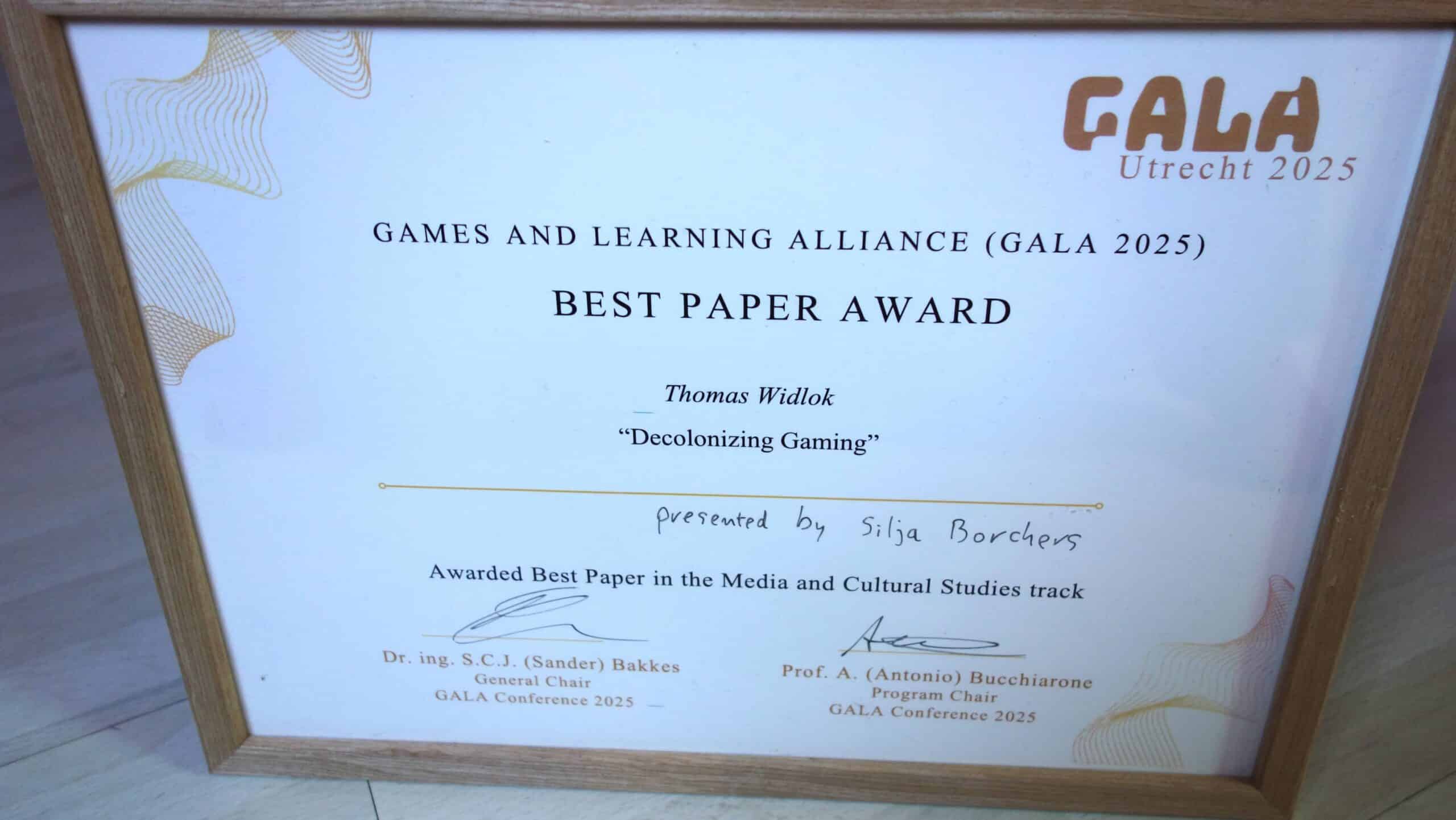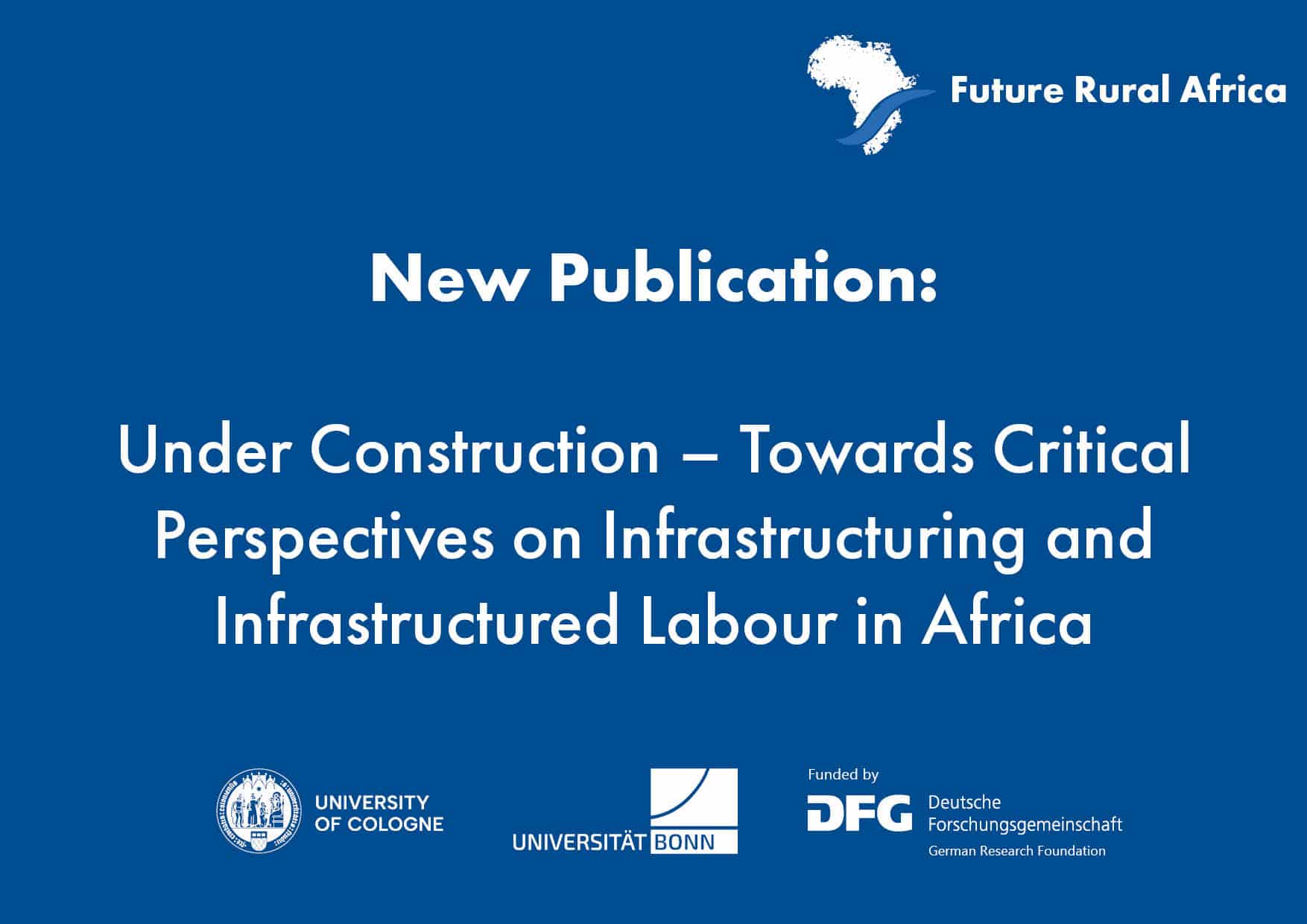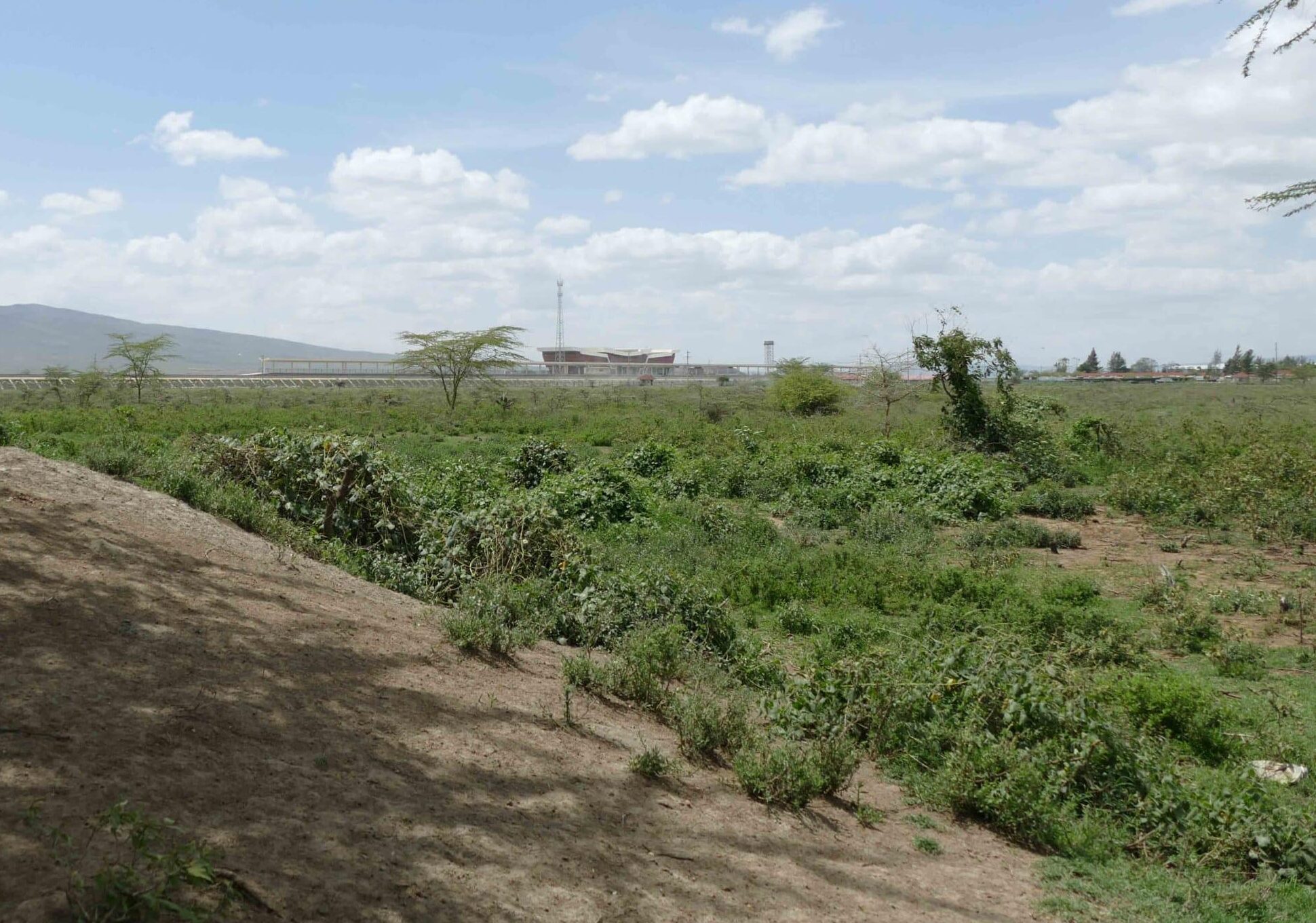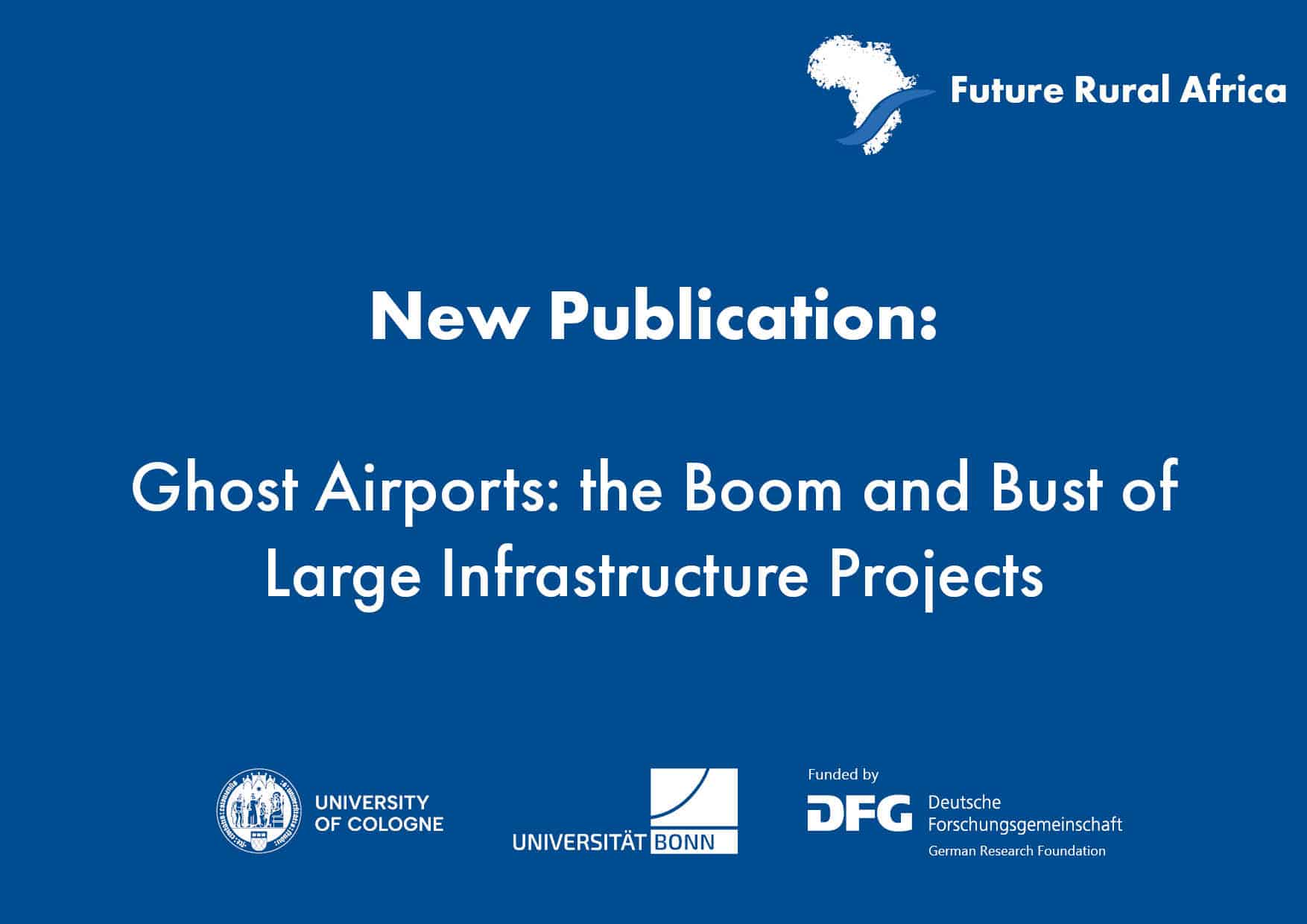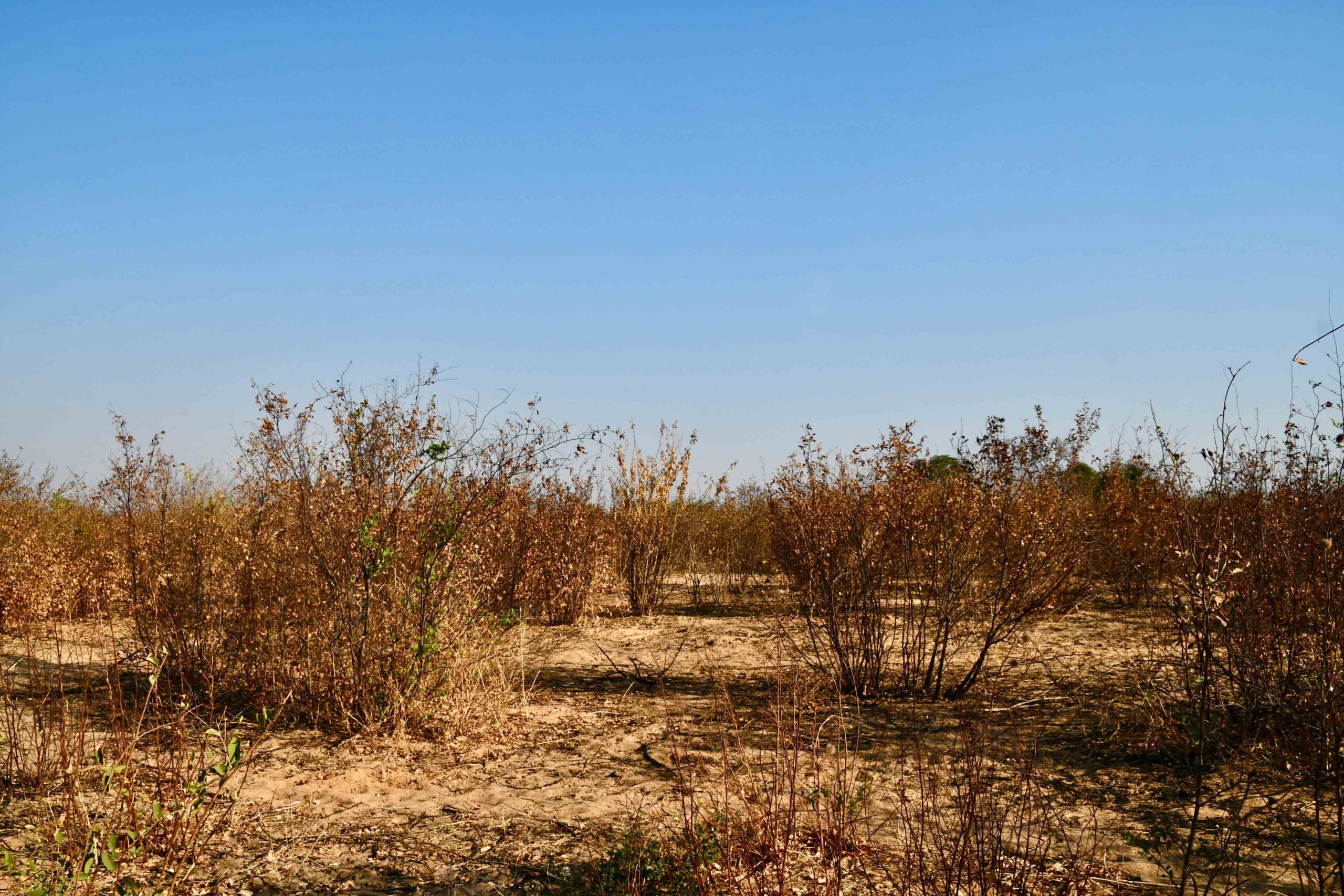Anthropologist, Arjun Appadurai, begins his essay on the “Capacity to Aspire” with a captivating statement that “Poverty is many things, all of them bad, including material deprivation and desperation.” His essay has been an inspiration and has given ineluctable insights on how aspirations are formed and how this could be a necessary pathway to development and poverty reduction. In his words, “Aspirations are never simply individual (as the language of wants and choices inclines us to think). They are always formed in interaction and the thick of social life” (Appadurai 2004, p. 68). He further describes the capacity to aspire both as a “cultural capacity” and a “navigational capacity” which explores the ‘possibilities’ and ‘probabilities’ around one’s social environment, nurtured by continuous interaction.
What I find interesting in his essay is how he motivates the wedge between the rich and the poor based on their capacity to aspire. In his words, “the capacity to aspire is a sort of metacapacity not evenly distributed in any society […] and the relatively rich and powerful invariably have a more fully developed capacity to aspire […] because of their many opportunities to link material goods and immediate opportunities to more general and generic possibilities and options” (Appadurai 2004, p. 68). He further relates the capacity to aspire to the future-oriented logic of development.
Low aspirations may generate “aspiration traps” through low levels of investment, perpetuating economic disadvantage. Breaking such traps may require exposure to new information or role models as this may induce them to revise their aspirations?
Reference
Arjun Appadurai (2004): The Capacity to Aspire: Culture and the Terms of Recognition”. In Culture and Public Action, edited by Rao V., Walton M.The World Bank. Washington, DC. USA In Culture and Public Action.
By: Martin Paul Tabe – Ojong, Doctoral Student, Institute for Food and Resource Economics – University of Bonn.


